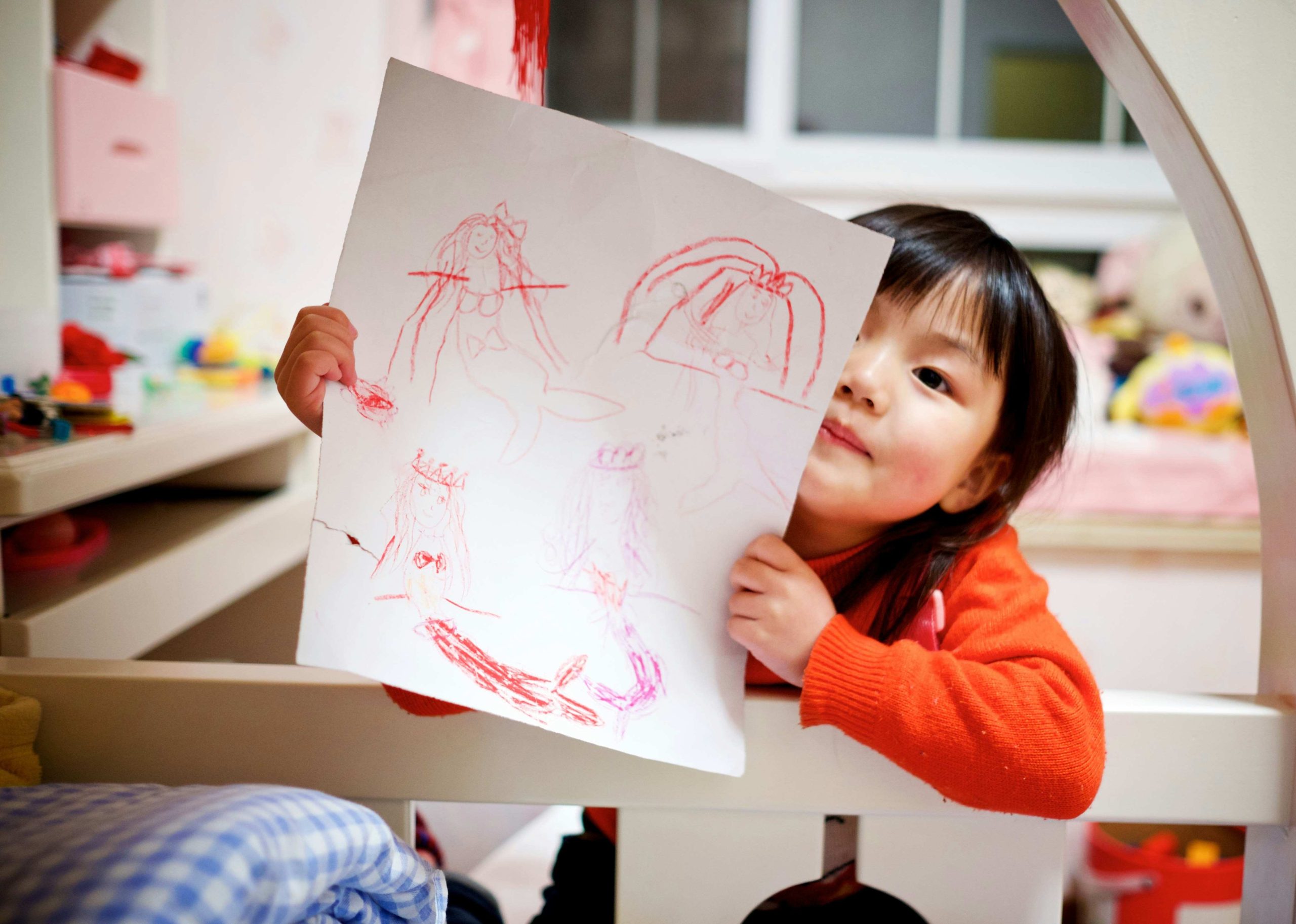
Unlocking Mental Visions: Why Drawing is Crucial for Preschoolers
For generations, people of all ages have loved the essential activity of drawing. For preschoolers, drawing is a form of self-expression and exploration that can help unlock their mental visions. Whether using crayons, pencils, or paint, preschoolers can explore creativity and imagination through drawing, a profitable and enjoyable hobby with several advantages for brain growth.
Impact on Mental Development
Drawing significantly impacts preschoolers’ mental development. Encouraging them to draw helps develop fine motor skills, crucial for activities like writing and playing musical instruments. Holding and manipulating drawing tools enhances hand-eye coordination, essential for visual-motor integration tasks such as sports or driving.
Cognitive Advantages
Drawing aids in cognitive development by enhancing visual-spatial skills. Preschoolers develop the ability to visualize and manipulate images in their minds, valuable in fields like engineering and design. Drawing shapes, figures, and objects contributes to understanding and interpreting visual information.
Emotional Development
Drawing positively impacts emotional development as preschoolers express feelings through artwork. It provides a safe outlet for processing emotions and developing emotional intelligence. Drawing helps identify and express emotions, fostering empathy and understanding for others.
Social Skills
Drawing serves as a tool for social development, promoting communication and collaboration. Whether drawing with others or displaying artwork, preschoolers learn to communicate and build connections. This encourages a sense of community and belonging.
The Importance of Drawing for Preschoolers
For young preschoolers, drawing is not only enjoyable but also a key to unlocking their creative potential. It offers them a unique chance to express curiosity and creativity, improve fine motor skills, and sharpen cognitive abilities.
1. Drawing Enhances Creativity
Drawing allows preschoolers to express creativity and create anything they can imagine, fostering imaginative skills and unique ideas.
2. Drawing Develops Fine Motor Skills
Precise control of small hand and finger muscles during drawing is excellent for developing fine motor skills, essential for daily activities and future writing skills.
3. Drawing Promotes Self-Expression
Preschoolers can express thoughts and feelings non-verbally through drawing, providing a safe outlet for communication and emotional expression.
4. Drawing Encourages Observation
Drawing from observation develops attention to detail, helping preschoolers notice subtle differences between objects, valuable in various life areas, including science and engineering.
5. Drawing Builds Confidence
Preschoolers gain confidence by expressing ideas and creativity through drawings, fostering pride in their work and a positive self-image.
6. Drawing Improves Concentration
Through persistent drawing, preschoolers develop concentration and attention to detail, enhancing success in other life areas.
7. Drawing Develops Problem-Solving Skills
Drawing involves problem-solving as preschoolers figure out how to translate ideas onto paper, promoting creative thinking and problem-solving techniques.
8. Drawing Enhances Visual-Spatial Skills
Visual-spatial skills, crucial for understanding geometry, are developed through drawing shapes and judging distances and angles.
9. Drawing Promotes Communication Skills
Drawing serves as a form of communication, helping preschoolers explain ideas and thoughts visually, essential for effective communication.
10. Drawing Fosters Imagination
Encouraging imagination through drawing helps preschoolers develop curiosity and wonder about the world around them.
Conclusion
Drawing is an activity that goes beyond putting pen or pencil to paper. For preschoolers, it’s a process of exploration, experimentation, and self-expression, offering benefits for cognitive, emotional, and social development.
One of the most significant advantages is its impact on mental development, aiding in fine motor skills, cognitive abilities, emotional expression, and social skills. Drawing fosters creativity, imagination, and observational and problem-solving skills. By encouraging preschoolers to draw, we unlock their mental visions, paving the way for success in various aspects of life.


